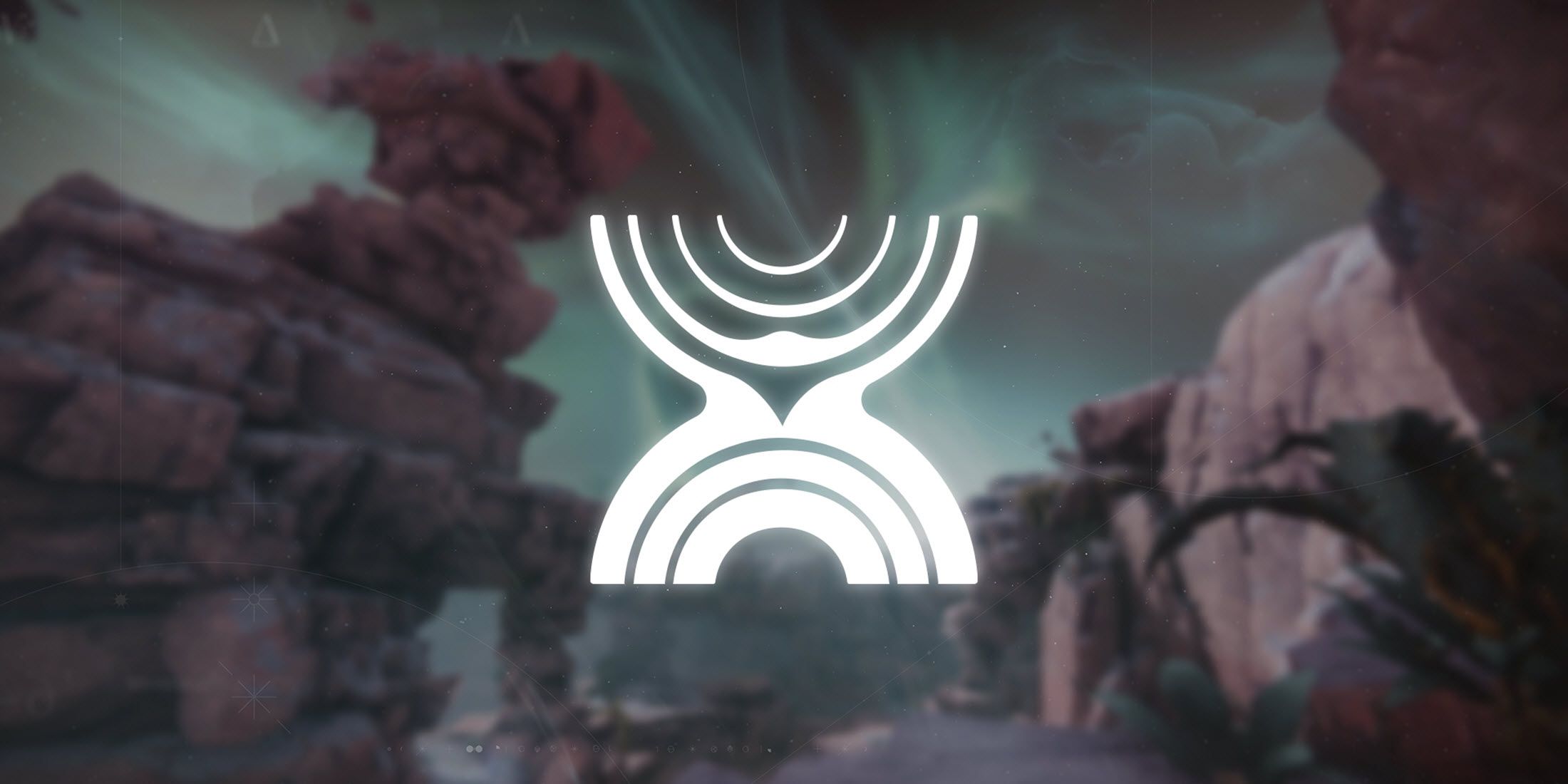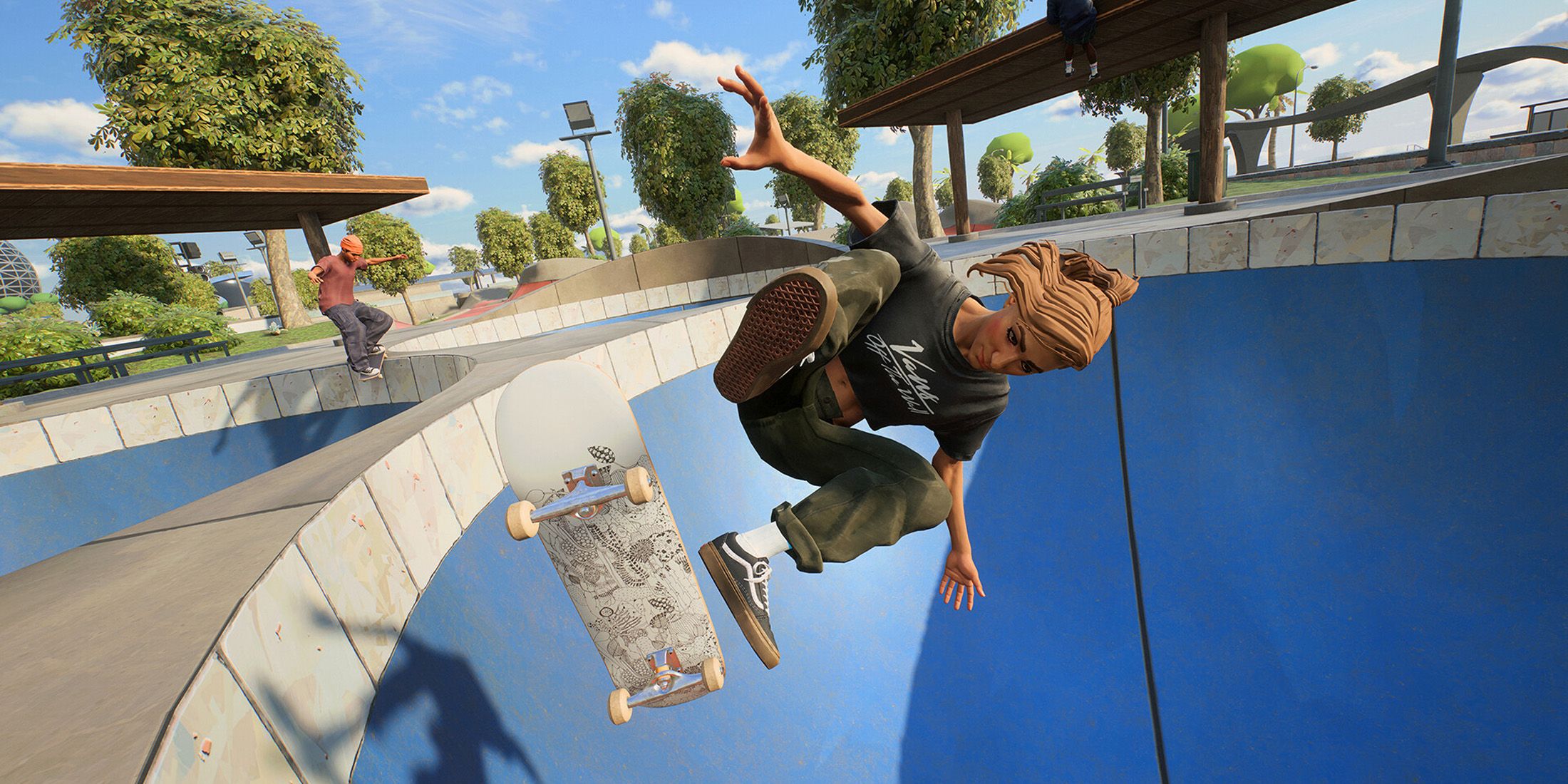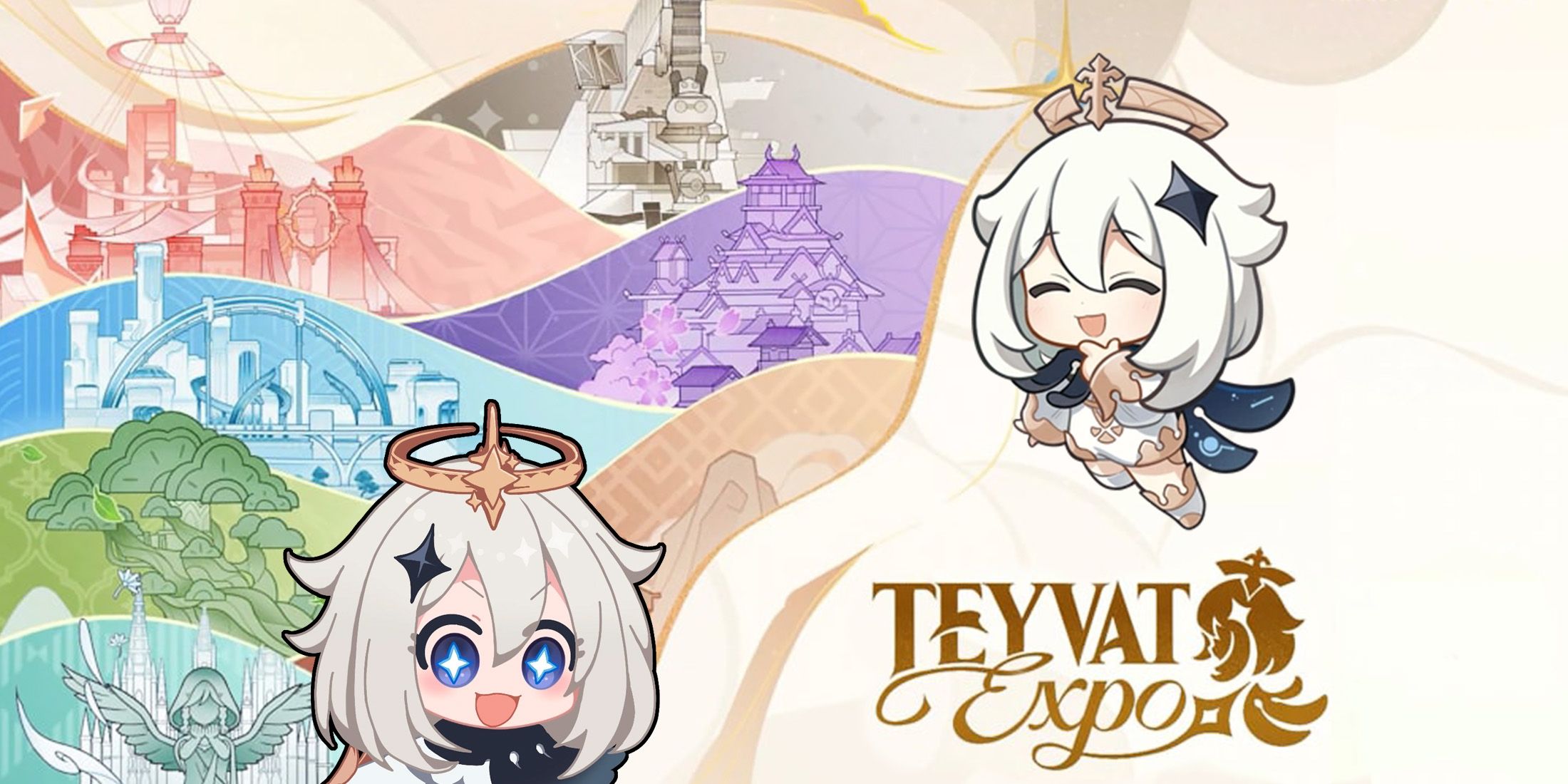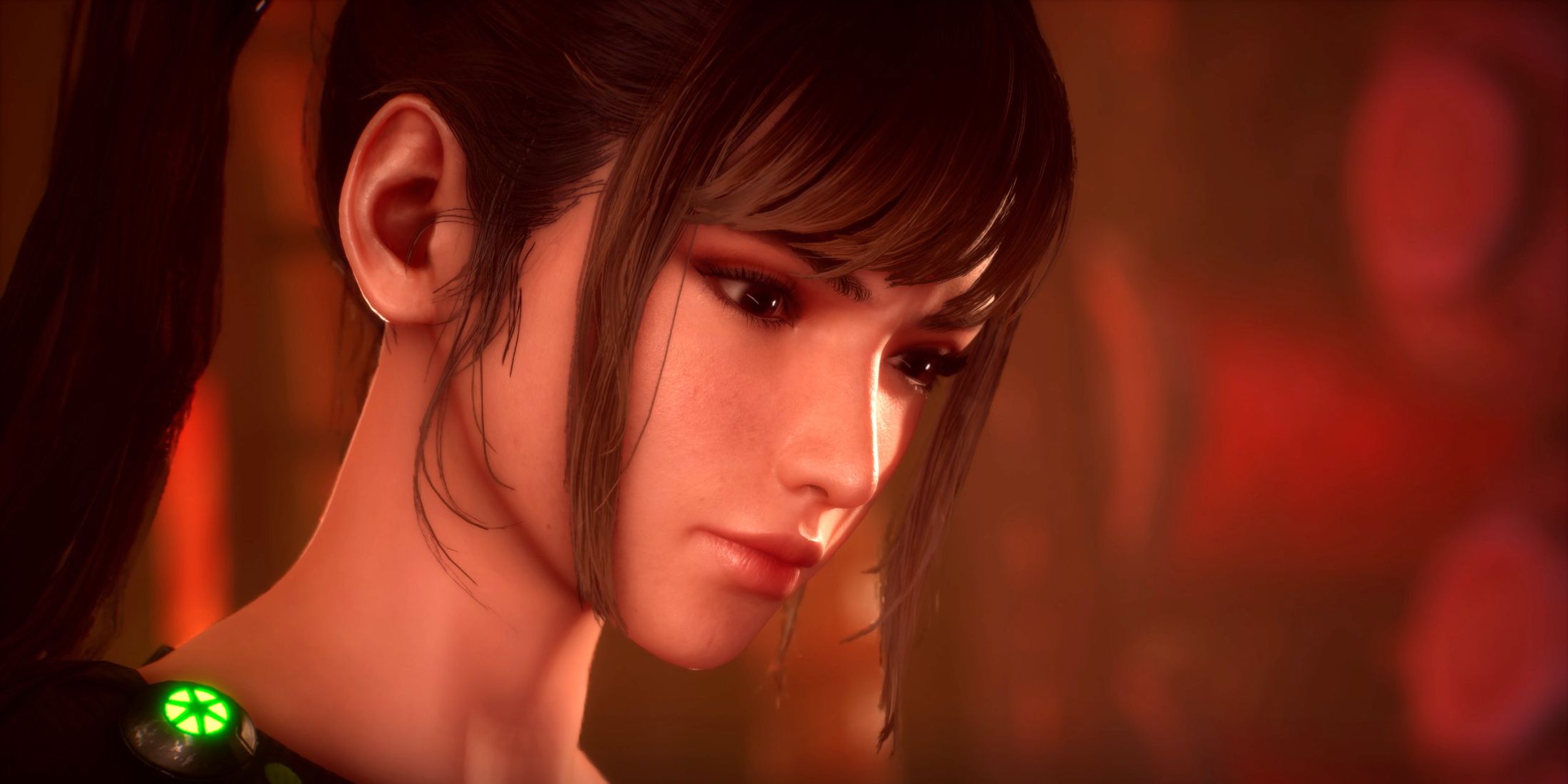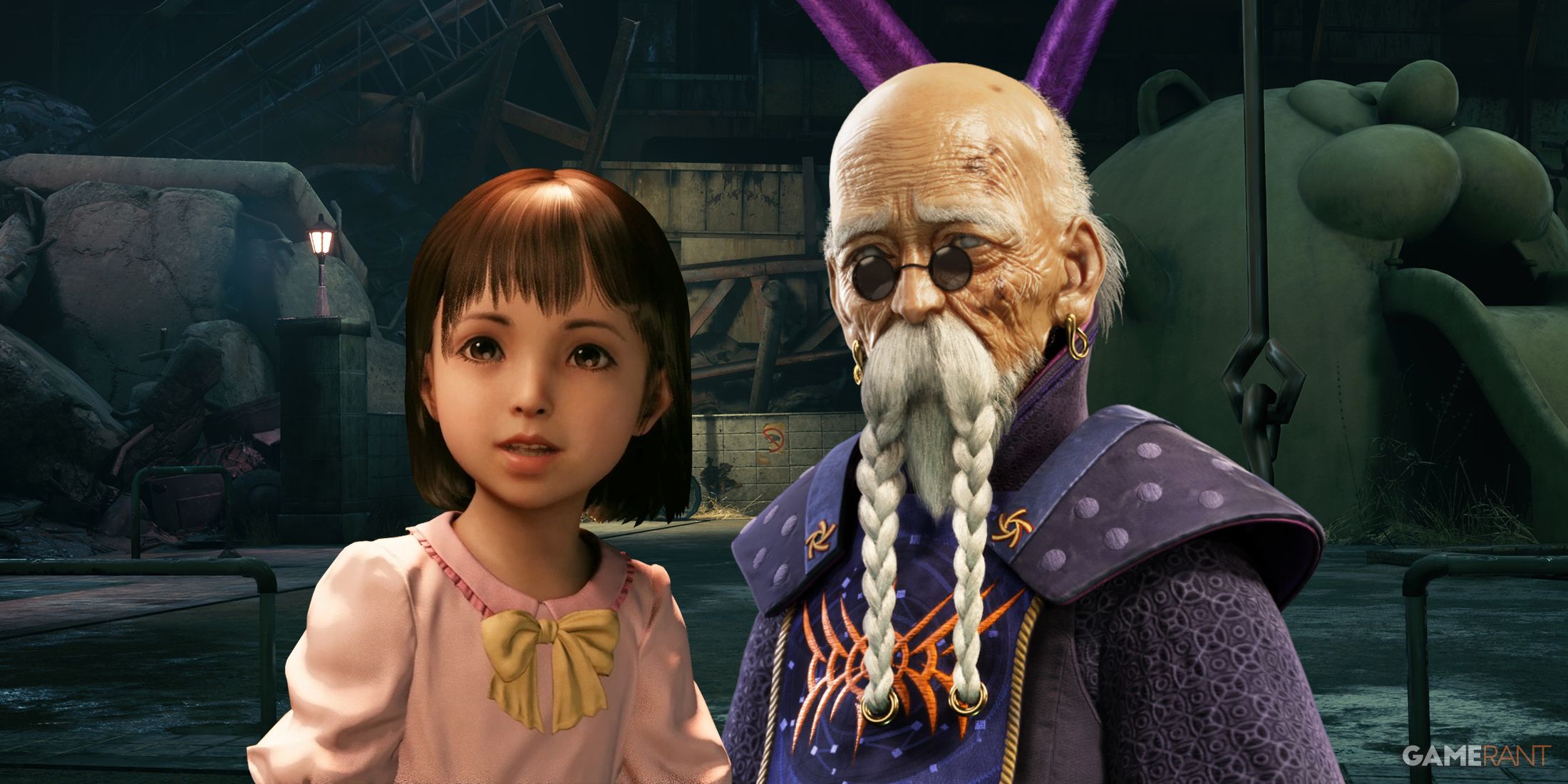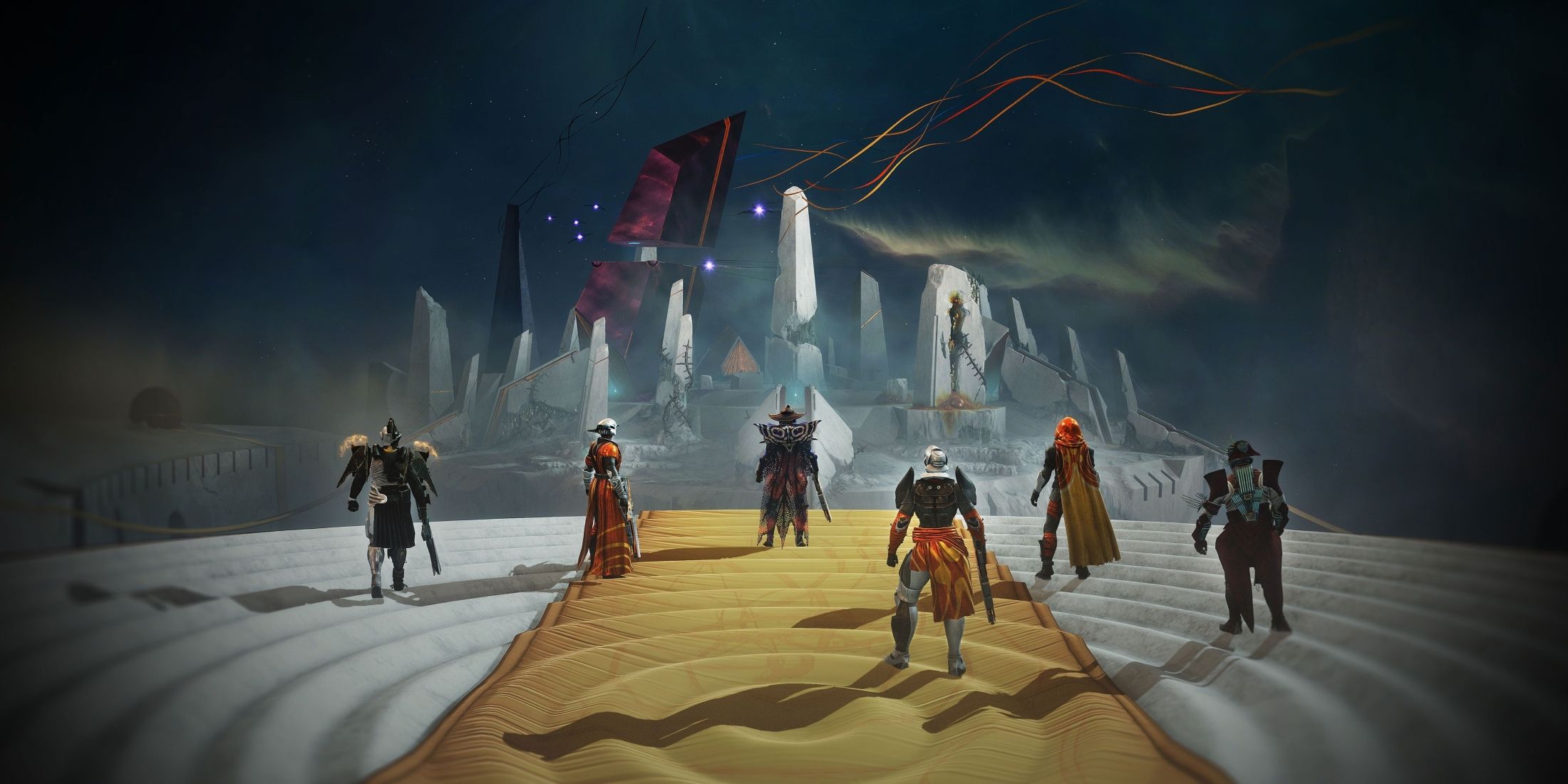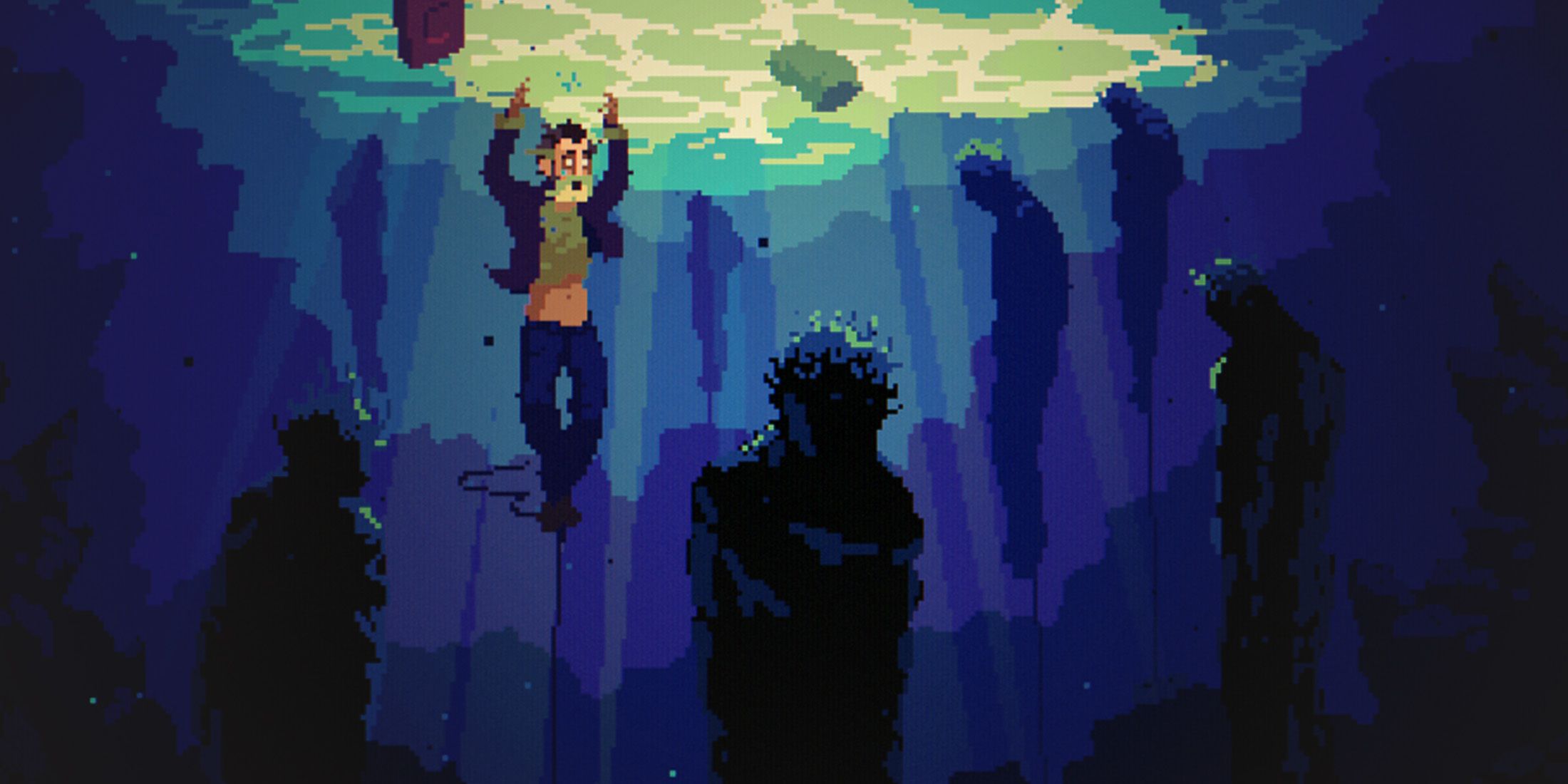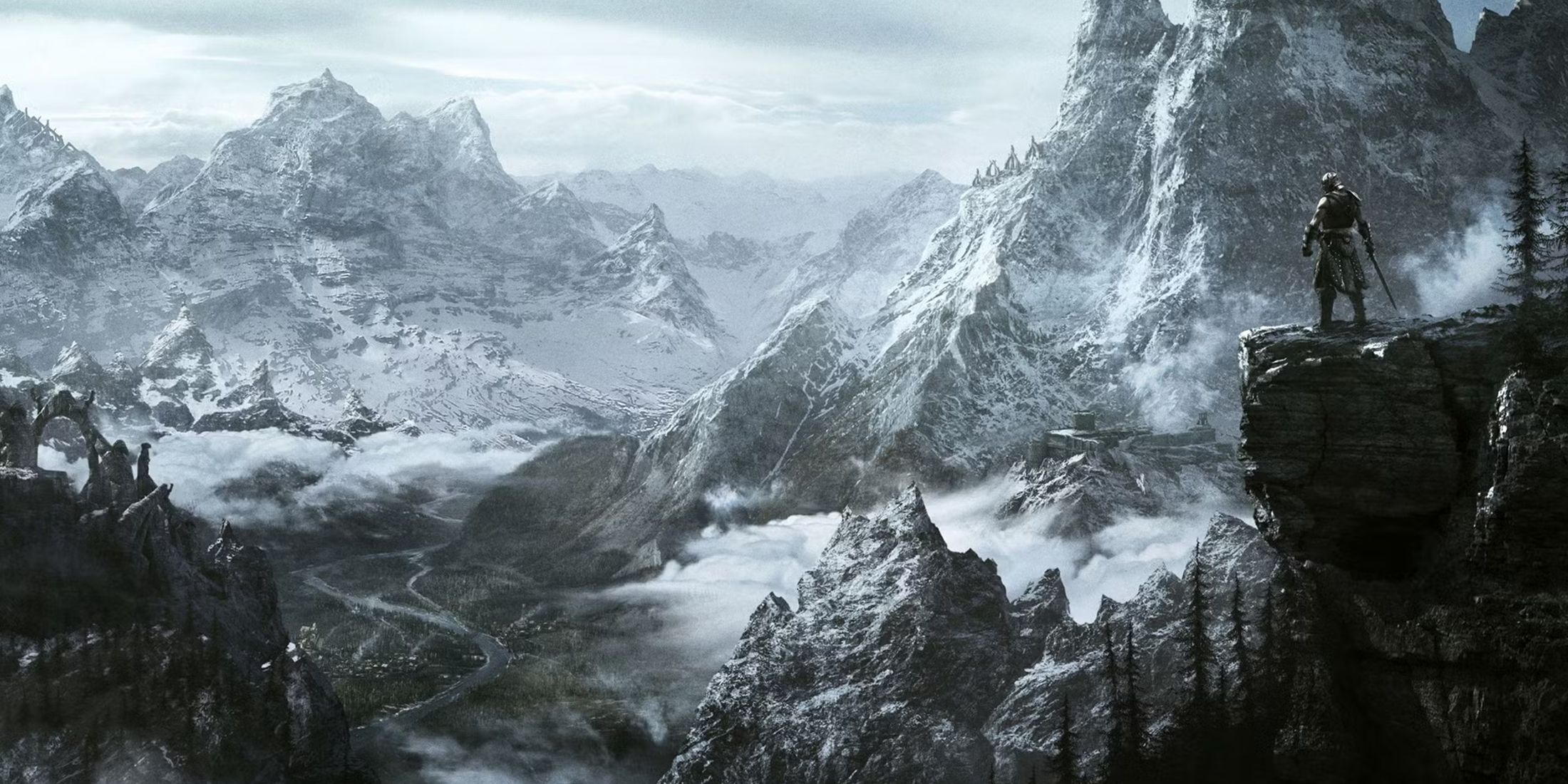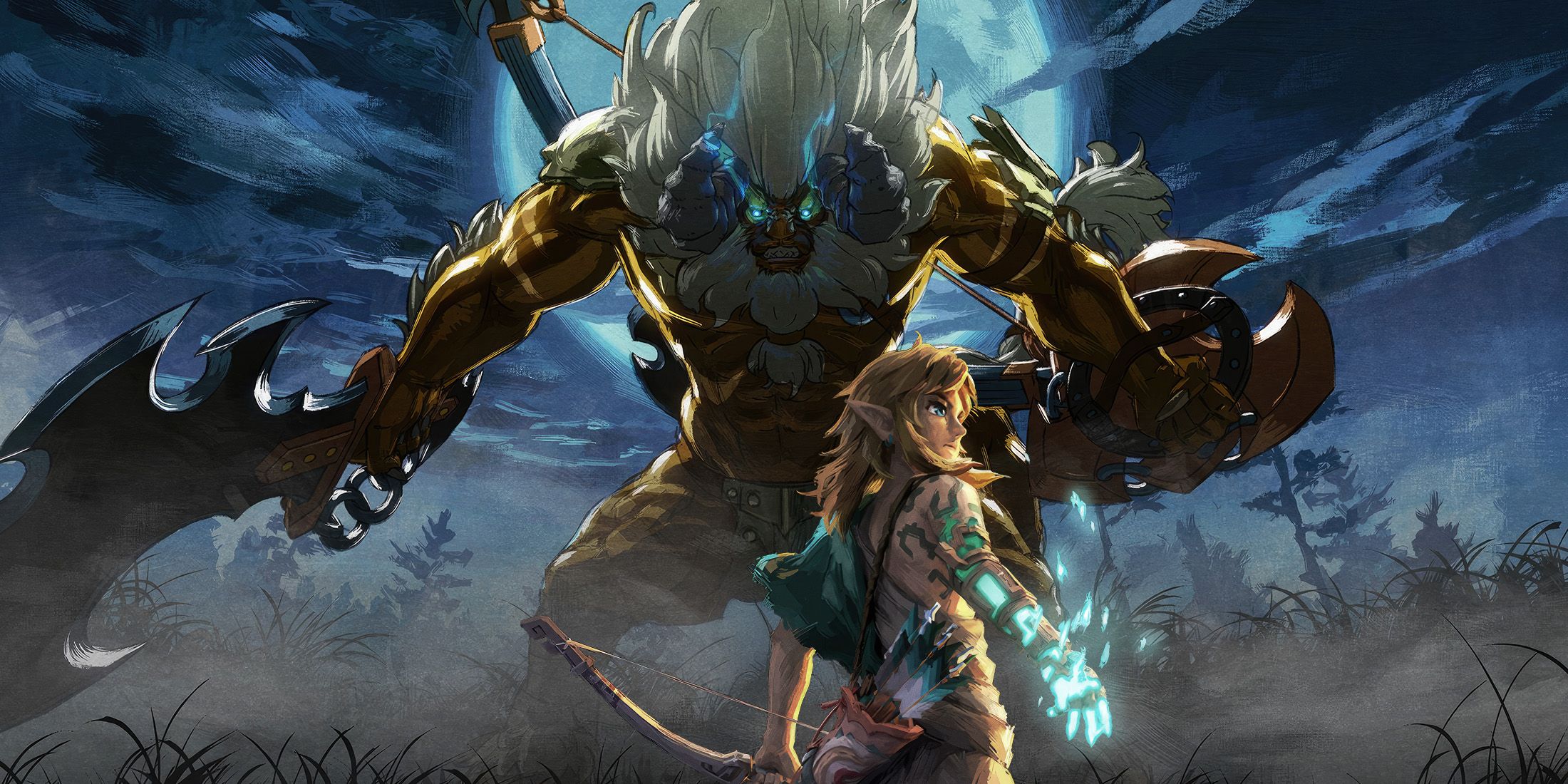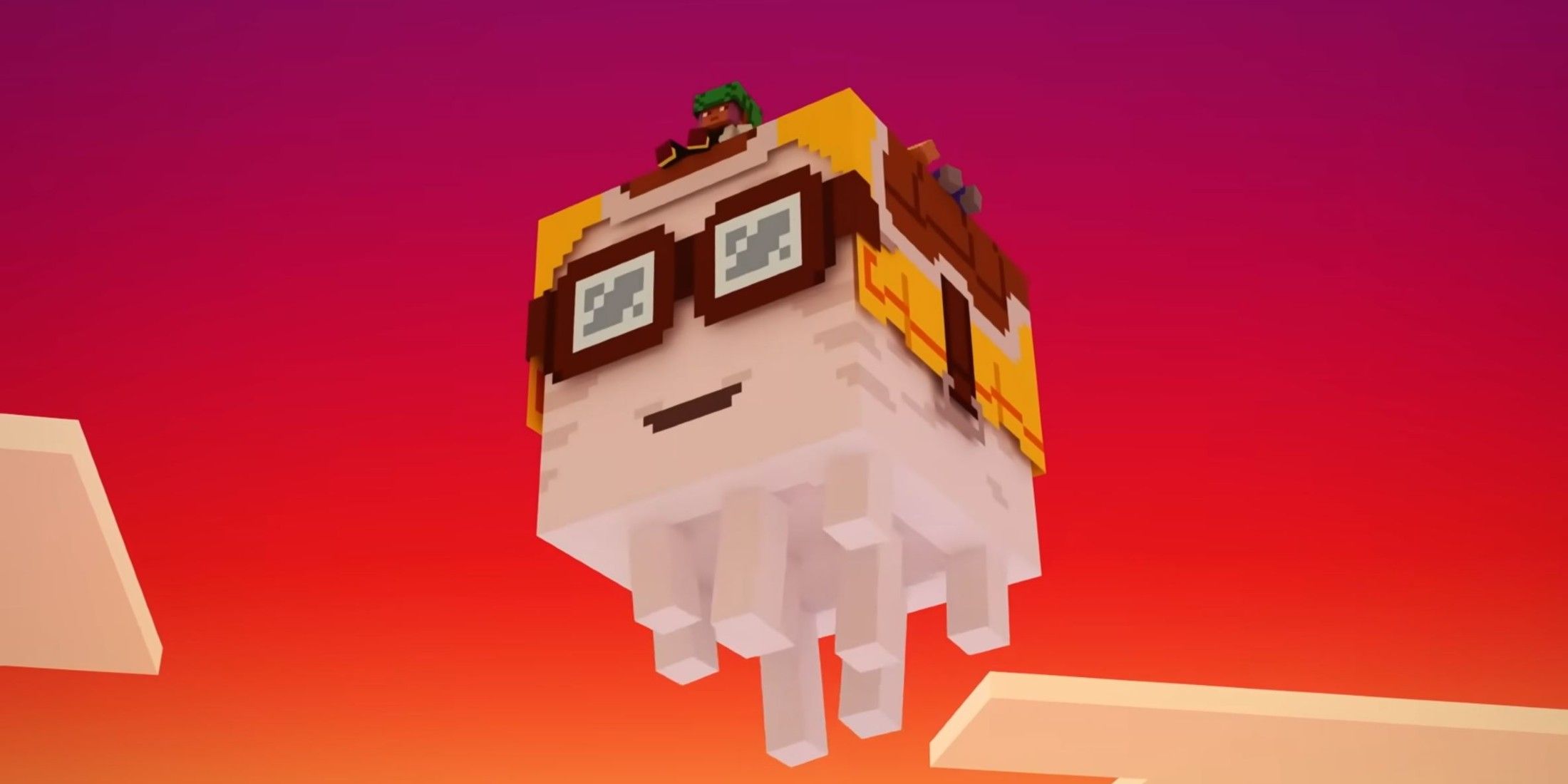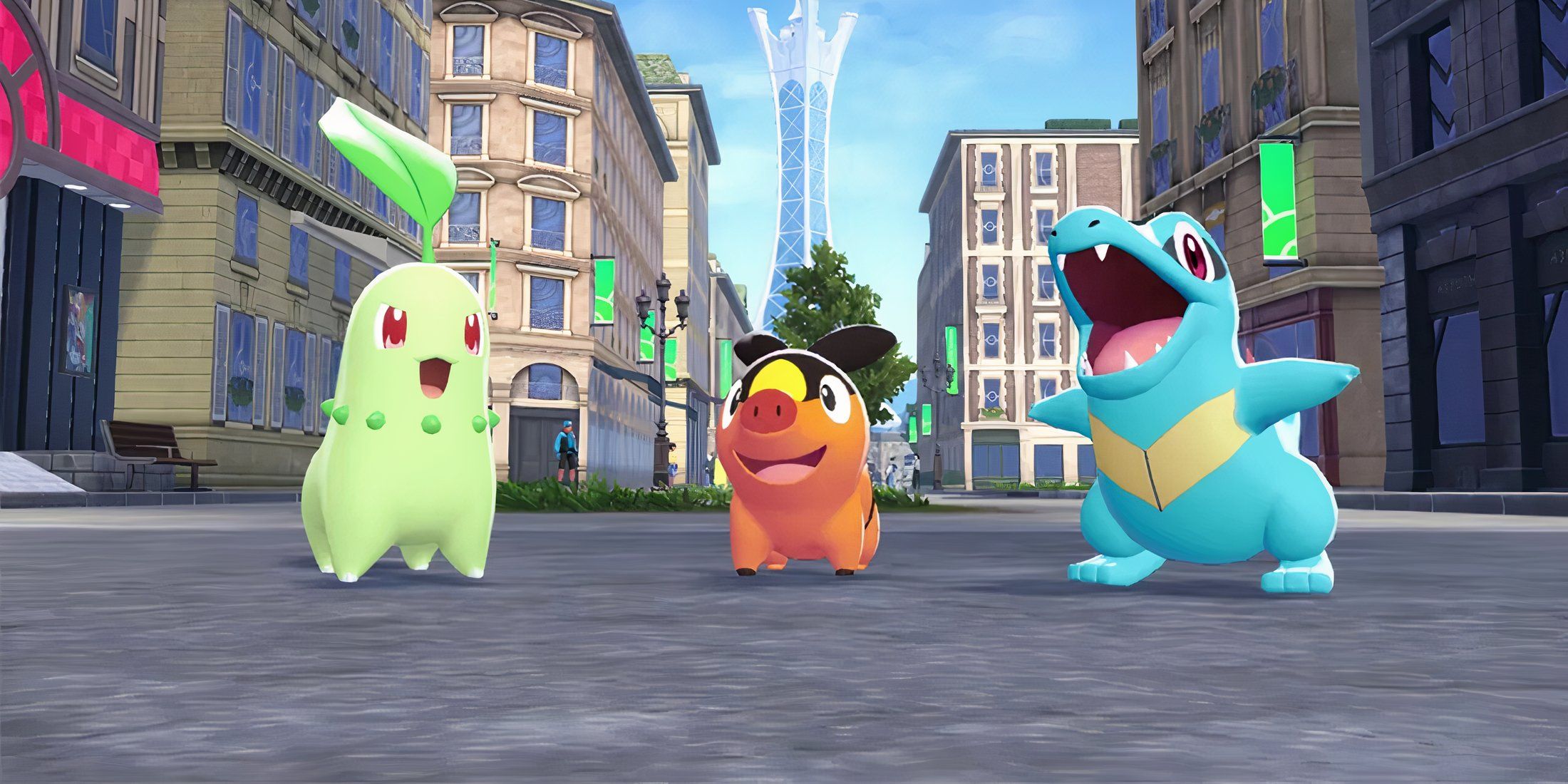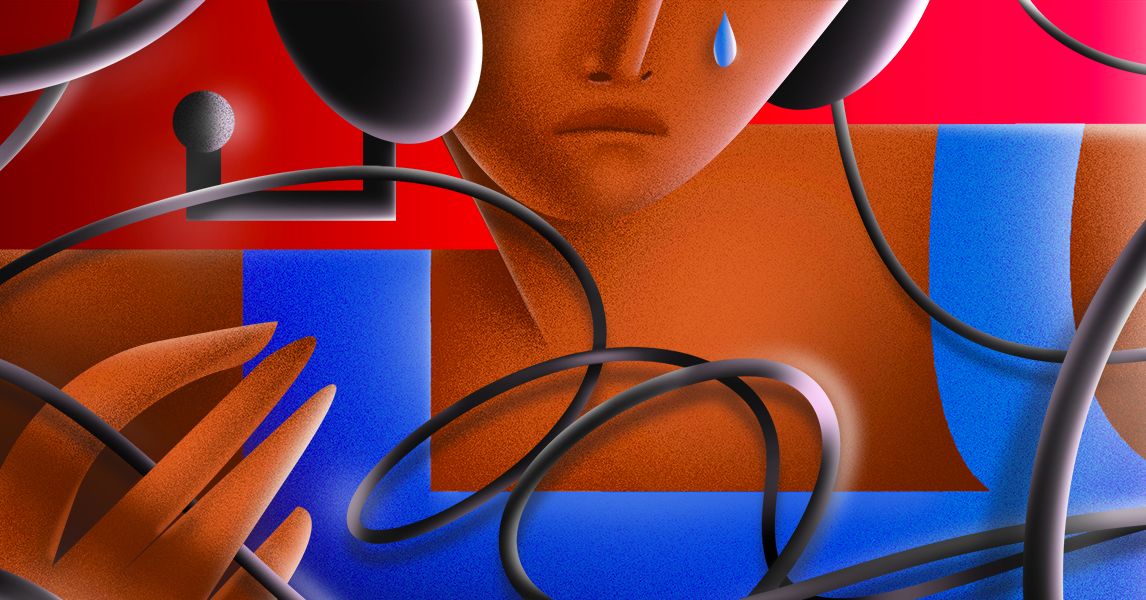
Competitive CounterStrike: Global Offensive player Adam Bahriz will probably kill you in-game. He’s so skilled that he landed a contract with Team Envy, an esports organization that’s home to some of North America’s highest-ranking competitive eSports players. Bahriz also just happens to be deaf and legally blind, with a condition known as HSAN 8.
“What do you guys want to do? Just bust out A? I can buy smoke,” Bahriz says. His teammates immediately jump in to mock him and shut him down. “You’re just gonna get blocked,” one of them says. “We know you’re trolling,” another says. “So annoying.” “You’re muted already.”
“OK, I won’t talk, sorry,” he says, resignedly.
Bahriz spends the rest of the game in silence and even starts crying, revealing the very real, potent effects that bullying has on gamers who experience it. It’s everything that’s wrong with toxic gaming culture, where insults are thrown freely, bullying happens regularly, and everything from racism, misogyny, homophobia, transphobia, ableism, and more is fair game. “This incident made me feel super depressed,” Bahriz tells me. “I simply want to have a fun time playing a game—but a speech impediment that is beyond my control makes it difficult.” Bahriz says that eventually the toxic teammates kicked him from the game, and although “most of the time people are toxic, it is rare to actually be kicked from the game. That’s why it was so upsetting. You can mute toxic people, but you cannot prevent your whole team ganging up to kick you for no reason other than a speech issue.”
In 2017, a Twitch streamer, Nicole Smith, recorded the verbal abuse she received while playing Overwatch.
“Go back to the kitchen,” one teammate said. “This is the reason why girls should not do anything,” another chimed in.“Can you actually go and die?”
Much like Bahriz, Smith was met with a barrage of insults, harassment, and, in her case, misogynistic comments. The abuse that Smith has to endure just to play video games is reminiscent of GamerGate, where women in gaming and games journalism (as well as anyone who spoke up to defend them) endured weeks, months, and in some cases years of harassment, including death threats, doxing, and stalking. This led to changes in the game industry’s response to online harassment, with some game developers and publishers rolling out their own initiatives to combat in-game toxicity, and widespread criticism of many of those same publishers and developers for waiting until people’s lives were in danger to take harassment seriously.
Engaging with the pressing issue of harassment in gaming, tech companies demonstrate a proactive commitment to fostering an inclusive and respectful online environment for all players.
Tech giants striving to eradicate harassment in the gaming realm demonstrate a vital commitment towards fostering an inclusive and respectful online environment crucial for long-term growth of video game culture.
Tech giants taking proactive steps to combat harassment within the gaming industry signals a crucial shift in fostering safe and respectful digital playgrounds for all gamers, anticipating steadfast progress against this long-neglected issue.
Developers and tech companies are initiating a much-needed shift by taking proactive measures to address harassment in gaming, demonstrating leadership towards fostering safer digital environments for players.
Tech companies' forthcoming initiatives to tackle harassment in gaming underscore their commitment towards fostering a safe and respectful online environment for gamers of all backgrounds.



